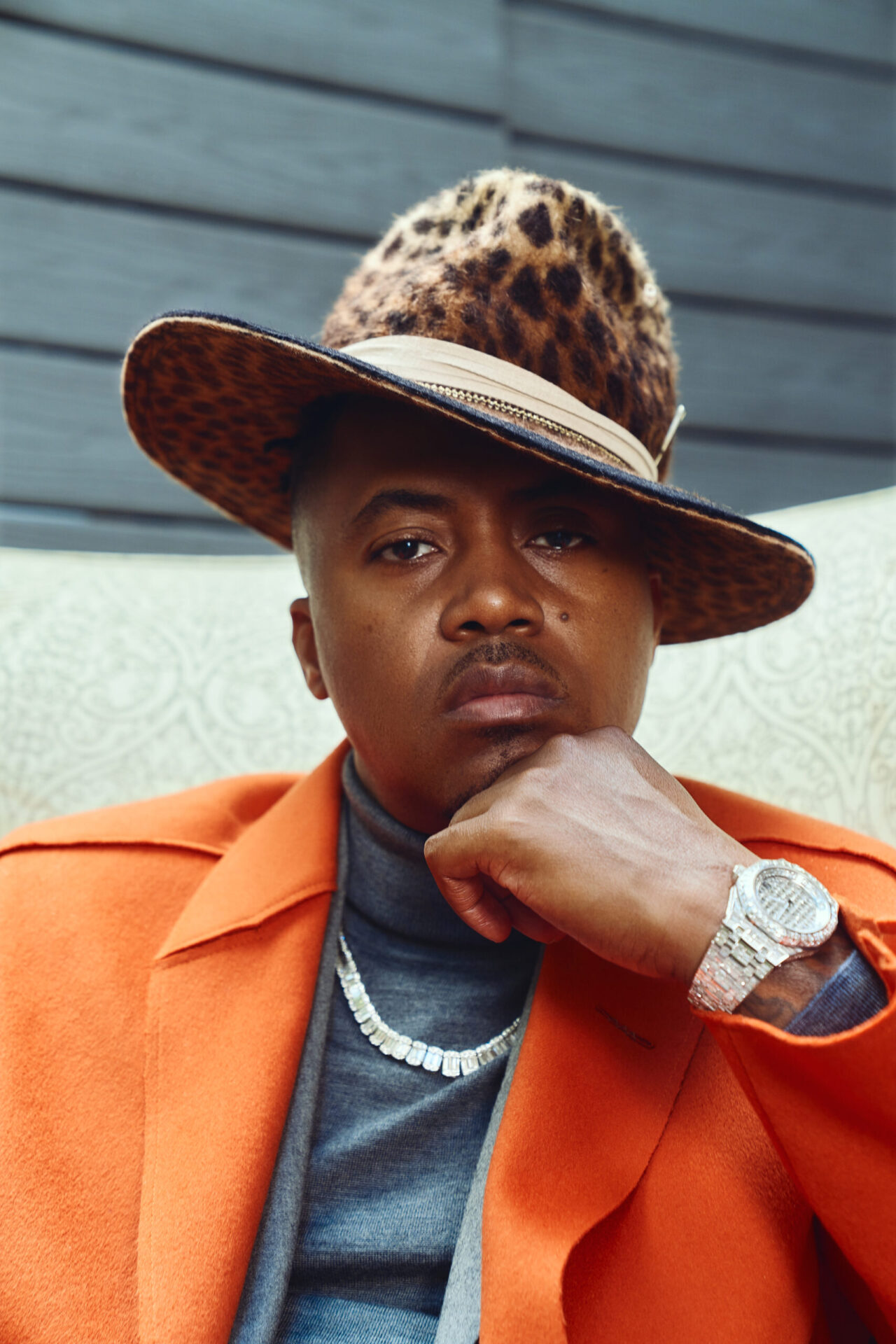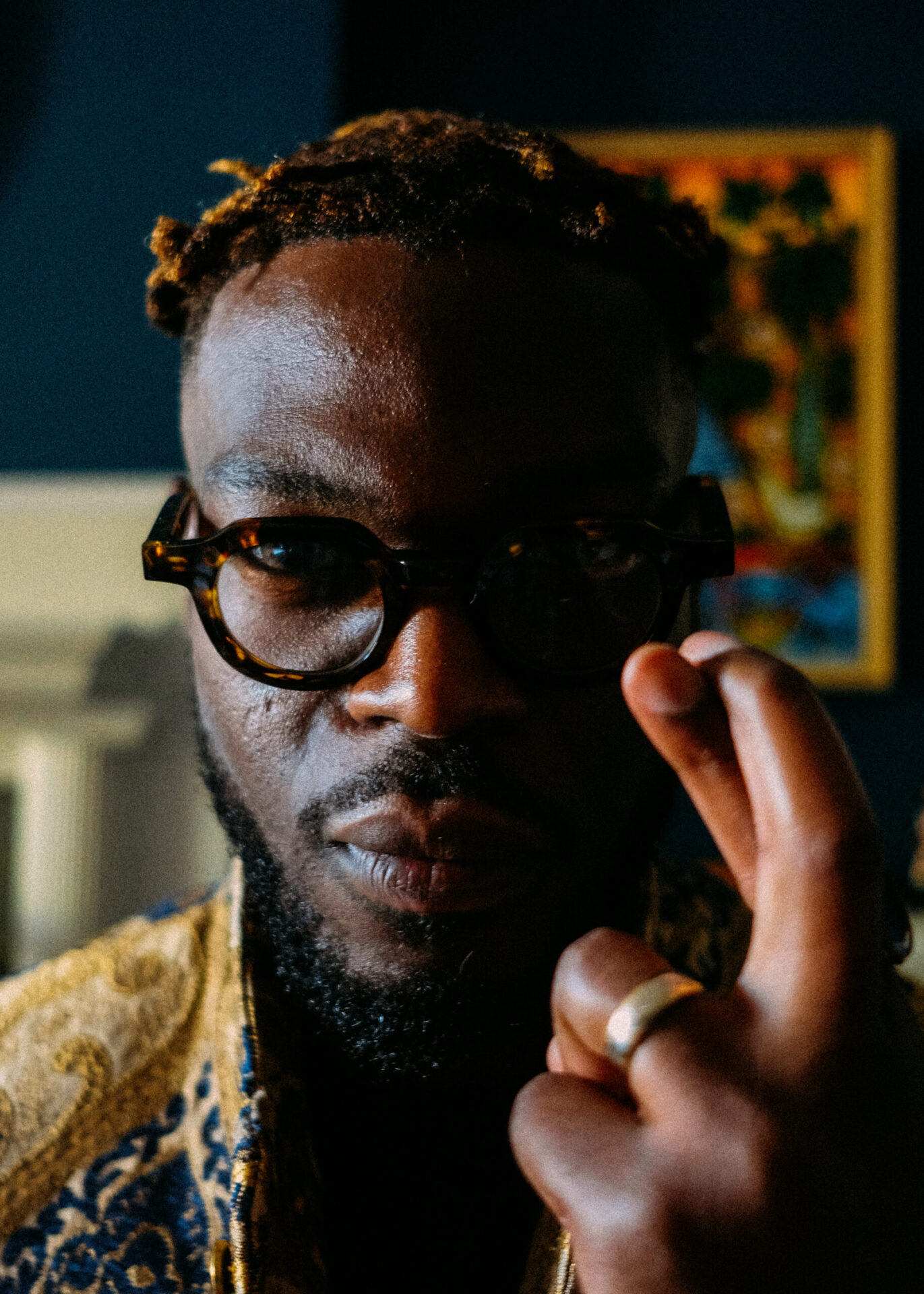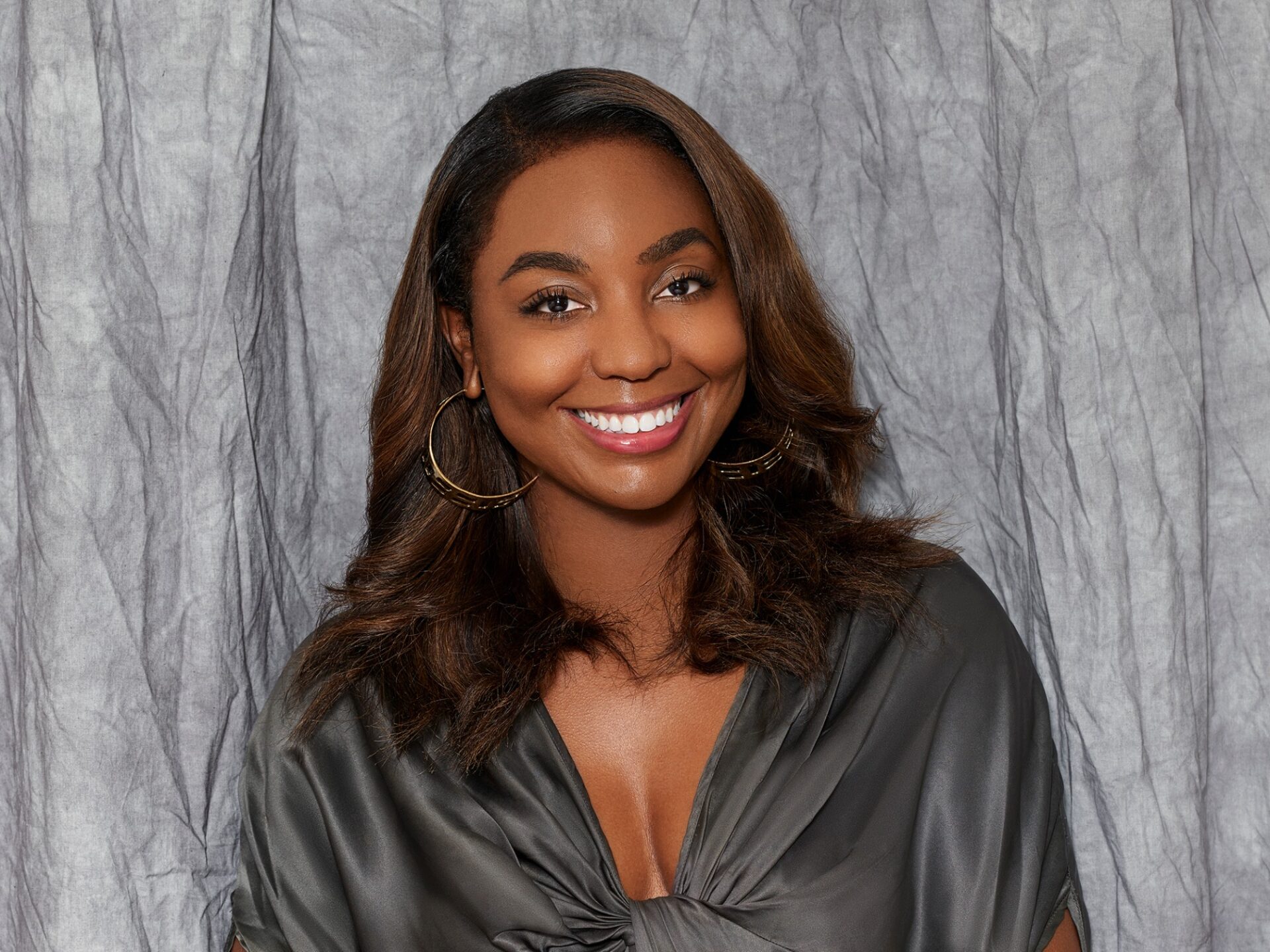
Nas’ efforts with producer Hit-Boy are undoubtedly helping to usher him there. Since getting discovered in the Myspace era, the California-born music phenom has laid down tracks for many of today’s illustrious MCs, including Kanye West and Jay-Z (Hit-Boy’s beats are behind their modern-day classic “N—as in Paris”), Drake, Kid Cudi, and A$AP Rocky. Even though it was reported that Nas was set to record an entire album with the legendary DJ Premier, the rap icon’s current success has come as a direct result of facing forward instead of dipping into ’90s nostalgia. The King’s Disease volumes have not only shown an artist on his A game but they have also put Nas in the same conversation as Tyler, the Creator and Travis Scott.
The pandemic, however, has dominated conversations worldwide over the past 18 months. It has also eliminated some outside distractions (like touring and traveling) for Nas. In turn, he has crafted some of his most celebrated work. “The plan was just to get some production from [Hit-Boy] on an album I was working on,” he says. “And it turned into us doing an album. While we were working on that, we both knew we needed to do more than just one. He’s smooth, man. He’s all about the music. We just wanted to make something hot, to create something that represented us both.”
The pandemic, however, has dominated conversations worldwide over the past 18 months. It has also eliminated some outside distractions (like touring and traveling) for Nas. In turn, he has crafted some of his most celebrated work. “The plan was just to get some production from [Hit-Boy] on an album I was working on,” he says. “And it turned into us doing an album. While we were working on that, we both knew we needed to do more than just one. He’s smooth, man. He’s all about the music. We just wanted to make something hot, to create something that represented us both.”














